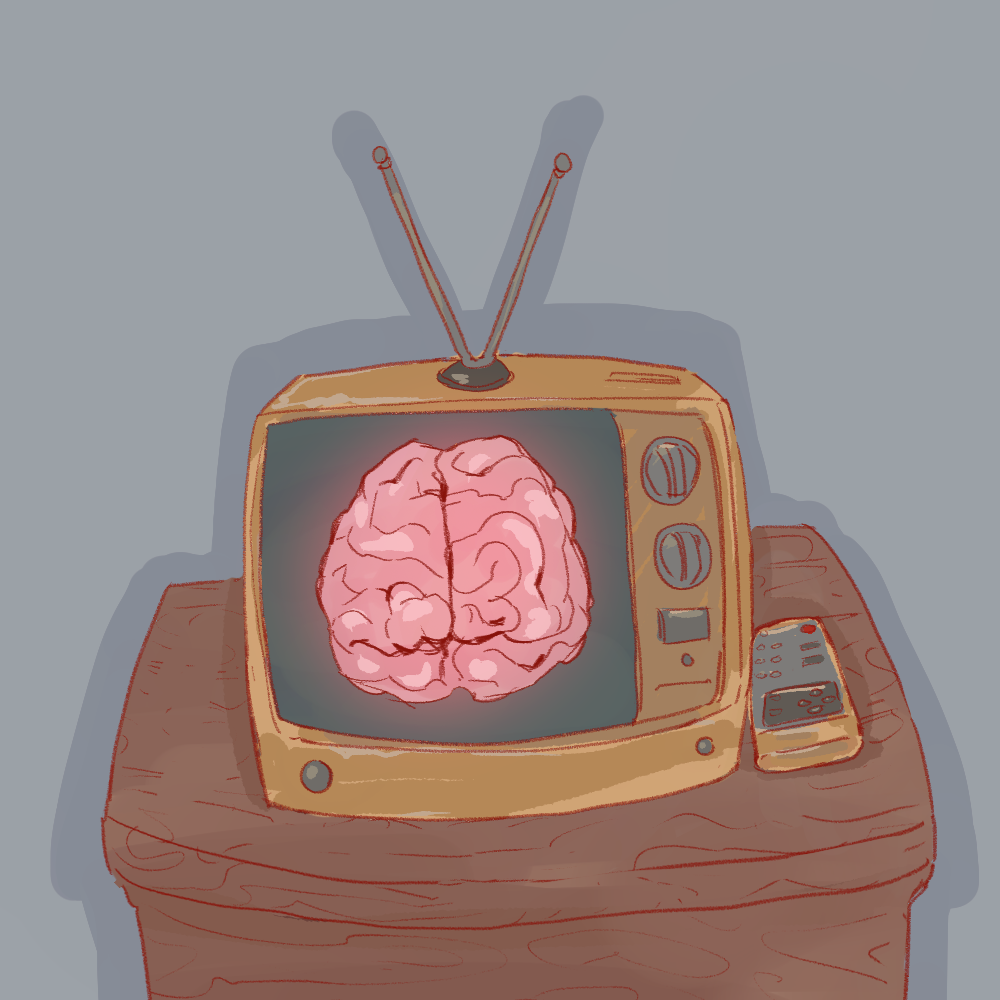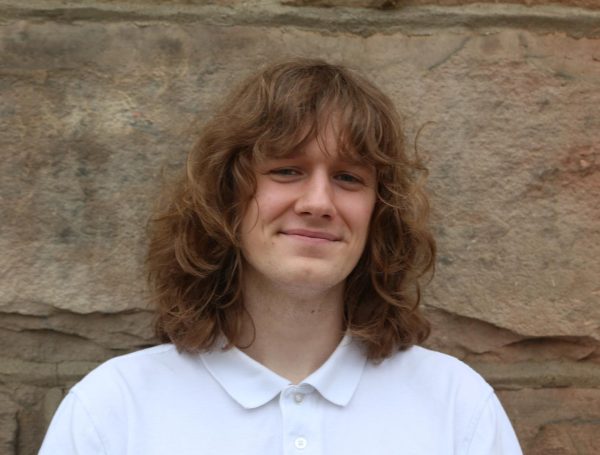Disney has always been last in line to introduce queer characters to their movies and TV shows — especially those aimed at children and families. Alex Hirsch, creator of “Gravity Falls,” hit a dead end trying to get Disney to allow any queer characters to appear in his show in the mid-2010s. Only after the turn of the decade did Dana Terrace manage to feature a lesbian relationship in the main cast of “The Owl House,” which also debuted Disney’s first-ever non-binary character.
Though Disney has made great strides in its TV representation — thanks in large part to Terrace’s relentlessness — it seems the entertainment conglomerate is now walking back that progress. Since the 2024 election, Disney has pulled two transgender storylines from its TV series. The first is a fully completed episode from “Moon Girl and Devil Dinosaur” centered on a trans athlete on the middle school volleyball team, and the other is a brief scene from its upcoming Pixar series, “Win or Lose,” featuring a trans character struggling with gender dysphoria.
Both retractions were accompanied by statements about how Disney “respects” the role parents play in having meaningful discussions with their children. Specifically, when the scene from “Win or Lose” was removed, it said, “When it comes to animated content for a younger audience, we recognize that many parents would prefer to discuss certain subjects with their children on their own terms and timeline.”
This line of rhetoric is completely antithetical to the purpose of television and movies, especially those with a younger audience. Yes, TV shows can make us laugh and deliver 11 minutes of easy entertainment, but they also provide us with a new way to learn about ourselves and other people that we can’t quite get from our immediate surroundings.
Trans people exist, trans people watch these TV shows and trans people are friends with people who watch these TV shows. When I first watched “The Owl House,” I was a 19-year-old adult. I was comfortable with my sexuality and comfortable with my identity as a non-binary person. But when I watched episodes with Raine Whispers — Disney’s first non-binary character — and heard people referring to them with the same pronouns I used, it made me excited to think that one of the hundreds of thousands of younger kids watching that episode might get to uncover their identity a few years earlier than I did.
It gave me hope because even though I grew up in a very loving and accepting household, I still didn’t really know or accept who I was until late into high school. TV can do what even the most open conversation with your child can’t. No discussion could ever compare to a questioning middle school girl watching her favorite cartoon character navigate a same-sex enemies-to-lovers romance.
When the held episode for “Moon Girl and Devil Dinosaur” leaked, I was blown away because that would never in a million years have been made while I was growing up. The writers didn’t have to queercode anything or sneak in visual hints in the background or confirm someone’s identity after their series ended — it was an episode about an explicitly trans character overcoming explicit transphobia on a middle school volleyball team.
The series’ target audience is 6-to-12-year-olds, and it’s hard to overstate how impactful an episode like this would be for the adolescence of a trans person. Parents preferring to discuss certain subjects with their children on their own terms and timeline is the exact reason so many children suffer in the closet and can’t understand the reason they feel the way they feel. Children’s television needs to fill that gap because, for a lot of parents, trans identity isn’t on the timeline of discussion at all.
It’s very sad to watch Disney fall back into the “Don’t Say Gay” rhetoric for its animated series. It’s very sad to watch the company value money over artistic integrity, as it does time and time again, even if a brave creator can get it to change its ways for only a few years.
I strongly believe that decades in the future, when Donald Trump is buried in the ground or perhaps cast back into whatever fiery cavern from whence he came, there will be a time where queer identities are embraced and episodes like the one from “Moon Girl and Devil Dinosaur” will make it to air without a peep from Standards and Practices.
People will look back on the censorship that dominated the early 21st century and renewed itself alongside Trump’s reelection with disgust, and the many creators, writers and animators who fought tooth and nail to prioritize art and progress over money and safe messaging will be vindicated. It’s incredibly unfortunate and cowardly that the studios in charge of these passionate artists cannot bear to lose a single penny or an ounce of conservative goodwill to make progress toward a future that they know is coming eventually.
Television helps parents have the conversations they’re not sure how to bring up and stands in place of the conversations some parents refuse to have at all. Trans people deserve to know themselves and to be known by others. Censoring these storylines will never erase these identities, but it will further isolate the kids who are already the most misunderstood.
I look forward to a future that understands and celebrates trans people, and I’m unbelievably grateful for the TV animators and storytellers fighting to help us get there.
Thomas Riley’s heart belongs to Alex Hirsch and Dana Terrace. Talk to them about children’s television at tjr83@pitt.edu.



